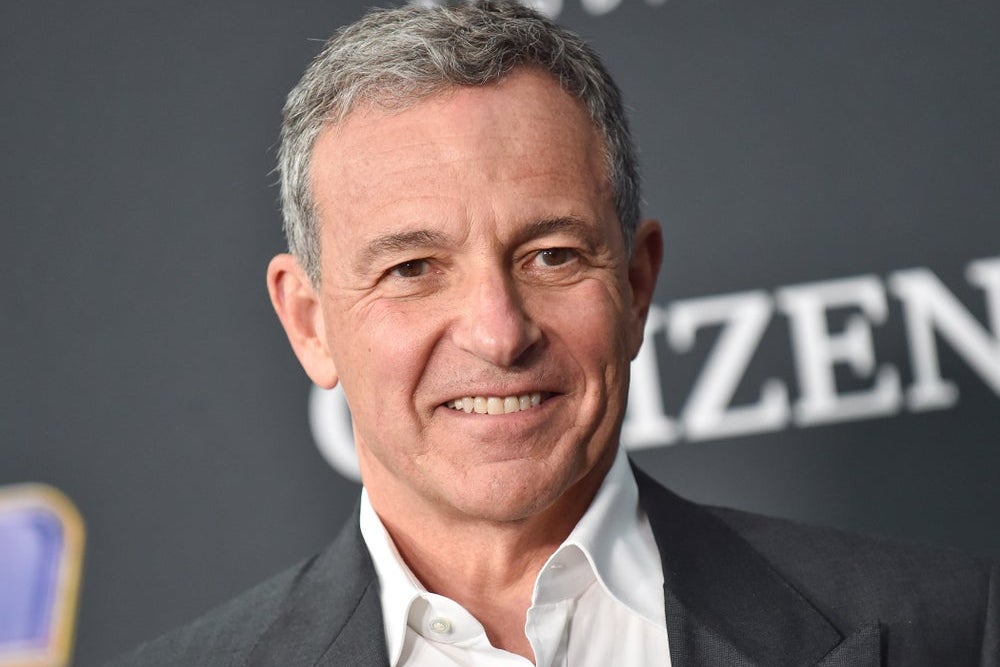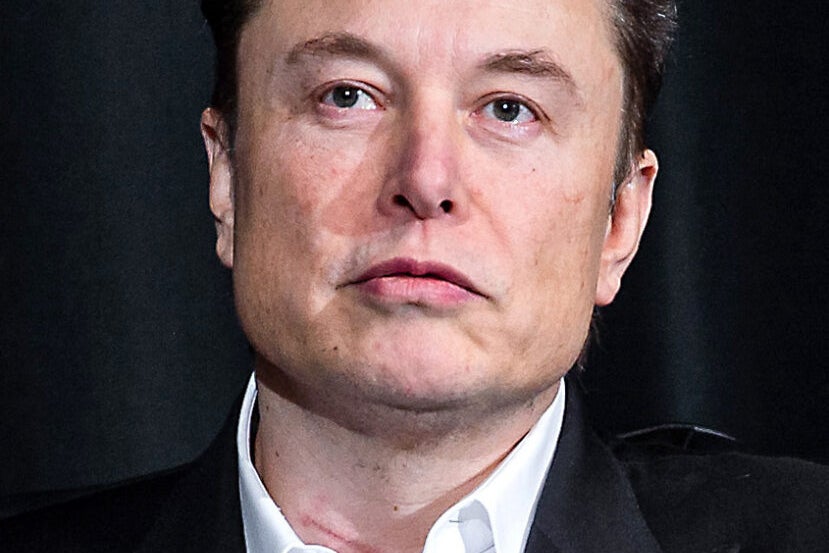On the first day after lockdown restrictions were removed, thrill seekers wear face masks as they ride “The Smiler” rollercoaster at Alton Towers on April 12, 2021 in Alton, United Kingdom. Getty Images News | Getty Images Christopher Furlong LONDON, United Kingdom — Since the outbreak of the coronavirus pandemic, many countries have enacted regulations requiring individuals to wear face masks and protective clothing in public places in order to prevent the virus from spreading. While some people are used to wearing face masks and have accepted them without complaint, a loud minority has objected to what they regard as an infringement on their personal rights. Face covering proponents point to research that show they prevent the spread of Covid-19 and hence could save lives. As governments relax their rules, the use of face masks — or not — appears to be a hotly debated topic. The issue over wearing a mask erupted in England on Monday when the British government said that once the Covid limitations are lifted on July 19, it will be a matter of “personal responsibility” rather than a legal necessity. People on both sides of the aisle reacted angrily to the action, and many rushed to Twitter to express their displeasure. The hashtag #WearAMask was trending on Twitter on Tuesday morning, with members of parliament, medical experts, and the general public debating whether they will (or should) wear a face covering if restrictions are lifted. Unless an individual is exempt for medical reasons, face masks or coverings must be worn in all public indoor venues in England, such as stores, supermarkets, theaters, museums, and public transportation. Police in the United Kingdom have the authority to punish anyone who does not wear a mask GBP200 ($277). Both sides have their arguments. Conservative Party lawmakers, notably those who have passionately opposed the severe Covid restrictions because to the impact on the economy and livelihoods, have supported the UK government’s plans to relax mask-wearing regulations. Desmond Swayne, the Conservative MP for New Forest West, was among those who backed the proposal, telling CNBC Tuesday that he thought the rationale for wearing masks to prevent disease spread was “at most negligible,” and that they had been used more to induce “public reassurance and control.” He went on to say, “They [masks] have major social and psychological drawbacks.” “It has always struck me as ridiculous that in a free society, we should be told what to wear and penalised if we don’t.” Their status as of July 19 is correct: it is a personal choice.” Swayne and others who consider the imposition of masks as an affront to civil freedoms represent one side of the argument, and protests against Covid measures, including mask wearing, have taken place in the United Kingdom. During an anti-lockdown rally, a protester raises a poster expressing her viewpoint. Getty Images | SOPA Images | LightRocket However, many on the opposite side of the issue argue that wearing a mask is a civic duty in order to prevent the spread of a virus that has killed over 3.9 million people globally, according to Johns Hopkins University research. Following the announcement by the UK government on Monday, trade union Unite, the opposition Labour Party, and several health professionals expressed alarm or criticism of the plan, claiming that it is unsafe at a time when the delta variant is causing an increase in Covid cases in England and elsewhere. The government’s removal of facial coverings as a mandate would be “an act of extreme irresponsibility by the government,” according to Unite, which represents many public transportation employees, while Labour Party leader Keir Starmer branded the move as “reckless.” Some businesses, such as Ryanair and easyJet, have already stated that face masks will remain a necessity for clients. The American viewpointEngland is not alone in its public debate about face masks, with the United States experiencing a similar split. In the United States, however, the restrictions differ from state to state, unlike in England. Masks are required in some states, while others follow the current guidelines from the US Centers for Disease Control and Prevention. In May, the Centers for Disease Control and Prevention (CDC) said that fully vaccinated people no longer required to wear a face mask or stay six feet away from others in most settings, whether outside or indoors, with certain exceptions (i.e. in a health-care setting or at a business that requires them). Fully vaccinated people would still need to wear masks on planes, buses, trains, and other public transit, according to the CDC. The World Health Organization, however, advised fully vaccinated persons to continue wearing masks in June, as the extremely dangerous delta form spread fast over the world. “Just because they got the two dosages doesn’t mean they’re safe.” “Vaccines alone will not end community transmission,” said Dr. Mariangela Simao, WHO assistant director-general for access to medicines and health products. What is Boris Johnson’s plan? When it comes to mask use, health experts, particularly those advising the UK government, have arguably been put in a tough position. While the United Kingdom’s vaccination campaign has helped to break the relationship between infections, hospitalizations, and fatalities, instances are on the rise among younger and less-vaccinated age groups, forcing the government to speed up the final leg of immunizations for all people in the United Kingdom. Almost 27,000 new Covid cases were reported on Monday, raising the total number of confirmed infections in the UK to over 4.9 million. When asked if they would continue to wear masks themselves during the government’s press conference, medical specialists advising Prime Minister Boris Johnson stated they would in certain circumstances. “The first is in any situation where you’re inside and it’s congested, or you’re inside and you’re in close proximity to other people. And that’s because masks help protect others,” said Chris Whitty, England’s Chief Medical Officer. “The second possibility is if I am obliged to do so by any competent authority,” he continued. The third reason is that if I did not wear a mask, it might make someone else uncomfortable – as a matter of basic politeness.” What about Johnson, for example? When asked if he would keep wearing a mask until the limits are lifted (a final decision will be made on July 12), he answered, “it depends on the circumstances.” “Obviously, there’s a tremendous difference between riding a full Tube train and sitting late at night in a nearly empty compartment on the major railway line,” Johnson remarked. “We urge people to take personal responsibility while also remembering the importance of wearing facial covers to protect themselves and others.”/n
Read MoreMask-wearing becomes a new battleground in England as Covid rules are eased
2021-07-06T09:30:36-04:00July 6th, 2021|





